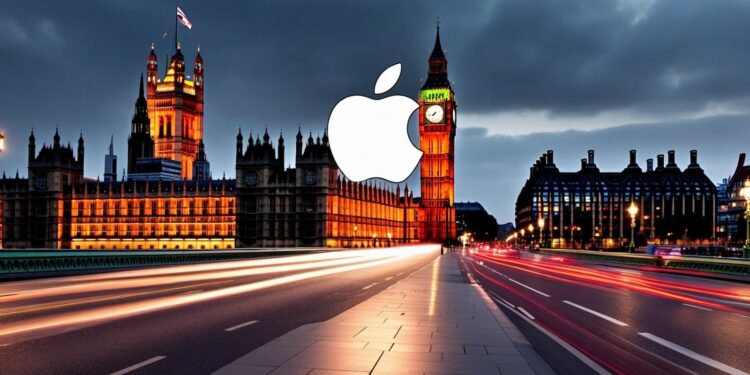Apple has warned the UK Competition and Markets Authority (CMA) that planned regulations could lead to delays in the rollout of new features. The reason for this is rules designed to make it easier for smaller companies to compete with large tech companies. Apple cites experiences in the European Union, where similar laws have already impacted the provision of new services.
The debate demonstrates how closely regulation and technological innovation are linked. While the CMA wants to open the market to more competition, Apple argues that such interventions could ultimately harm users. One example is the delayed introduction of Apple Intelligence in the EU, which Apple attributes to strict regulations. The company is now envisaging precisely such scenarios for the UK.
Apple Intelligence as a touchstone for regulation
Apple Intelligence, the platform announced at the WWDC developer conference in June 2024, combines artificial intelligence with personalized features. The global launch was originally planned for September 2024. However, users in the EU had to wait until March 2025 because Apple first had to adapt the software to the requirements of the Digital Markets Act (DMA). Apple cites this delay as evidence that excessive regulation is hampering innovation.
CMA investigates market power of Apple and Google
The UK's CMA is currently preparing a decision on whether Apple and Google should further open up their mobile platforms. Together, the two companies control approximately 90 to 100 percent of mobile devices in the UK. According to the CMA, this dominance creates a de facto duopoly that prevents smaller providers from entering the market.
Planned regulations and their consequences
The proposed changes focus on the App Store. Developers would be granted the right to redirect users to alternative payment systems outside the store. This would directly undermine Apple's current business model, which relies on a commission of up to 30 percent. Furthermore, the CMA wants to enforce greater interoperability, particularly with digital wallets and smartwatches. Apple argues that these measures could jeopardize security and data protection. At the same time, the company sees the risk of being forced to hand over technology to foreign competitors. According to Apple, it has already had to process over 100 requests from competitors for data access due to the EU rules.
Differences between EU and UK rules
The CMA rejects Apple's concerns. It emphasizes that the proposed regulations are not equivalent to EU law. Unlike the DMA, they are not about general platform access, but rather about specific interfaces designed to promote innovation. The goal is to support British developers without compromising security.
Timetable for the decision
The CMA has until October 2025 to finalize its determination of Apple and Google's strategic market status. Stakeholders can provide feedback on the plans until then. For Apple, the situation remains unclear. Whether there will actually be delays in the introduction of new features depends on the final design of the regulations.
Apple warns, CMA promises opportunities: The dispute over the future of the market
The conflict between Apple and the UK CMA highlights the tensions between regulation, market liberalization, and technological progress. Apple warns of disadvantages for users and developers, while the CMA promises more competition and innovation. The October decision is likely to attract attention far beyond the UK, as it demonstrates how national authorities intend to deal with the major platform operators in the future. (Image: Shutterstock / Shutterstock.AI Generator)
- iCloud encryption: Great Britain gives in
- PayPal data theft: Millions of login details on the darknet
- Germany: Apple is not allowed to call Apple Watch climate neutral
- Elon Musk sues Apple and OpenAI: Dispute over the App Store





